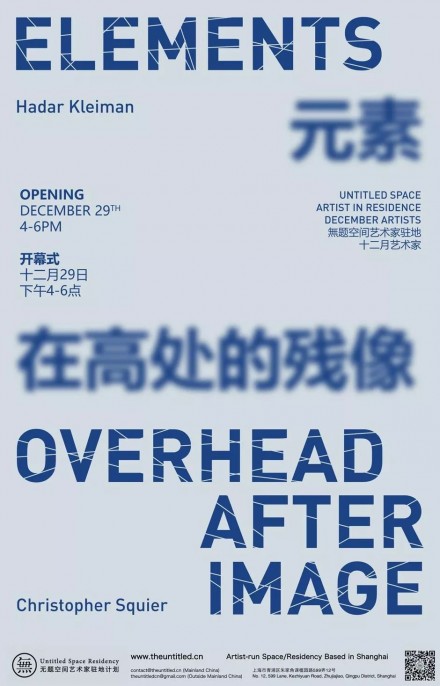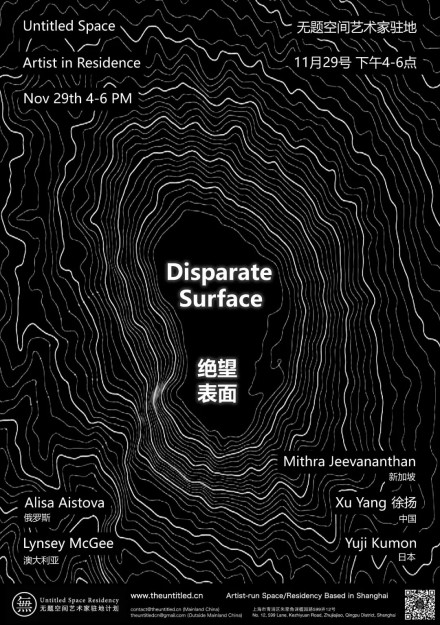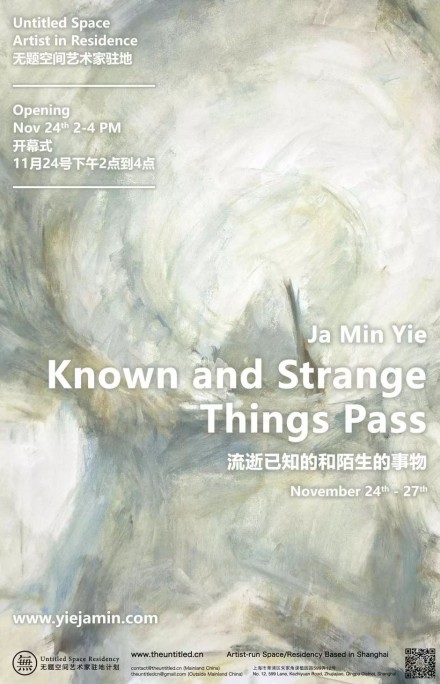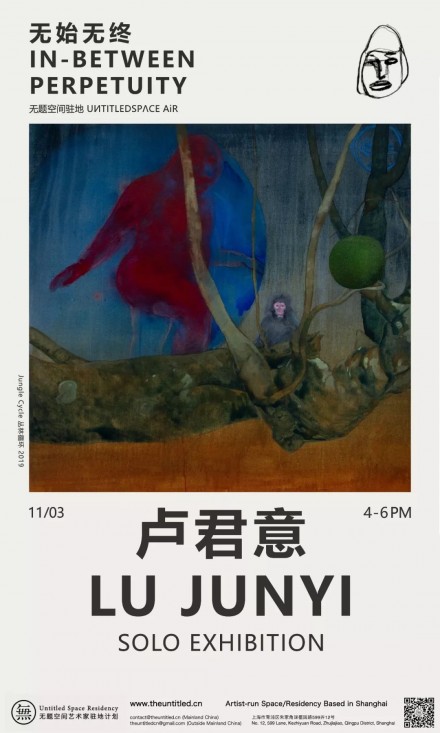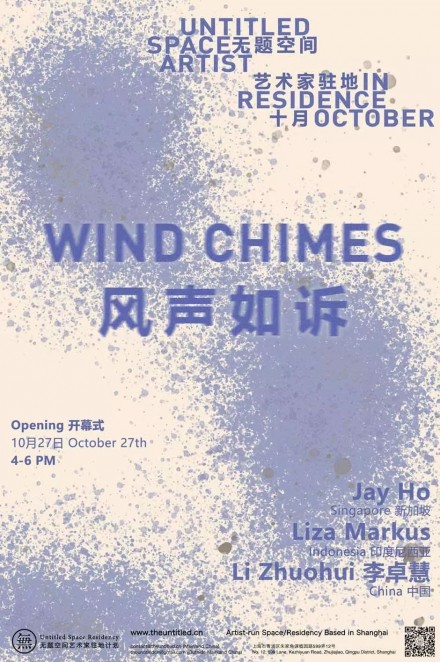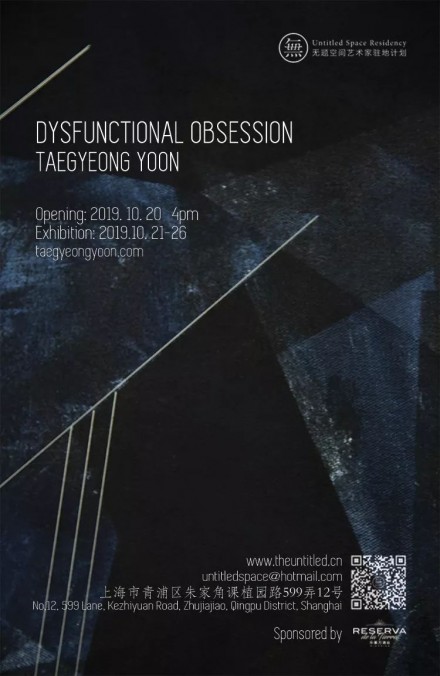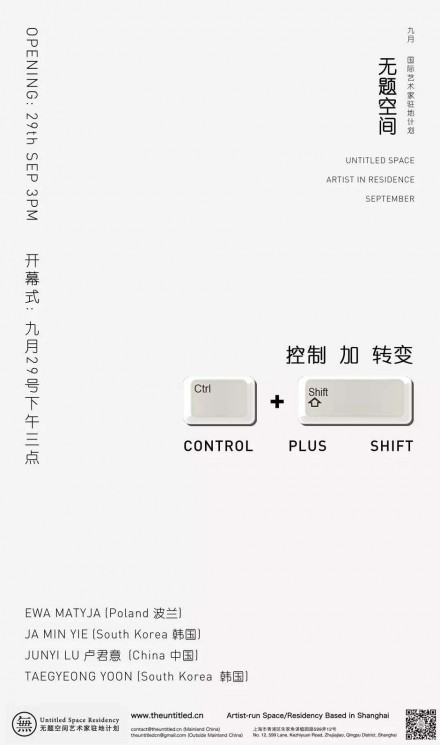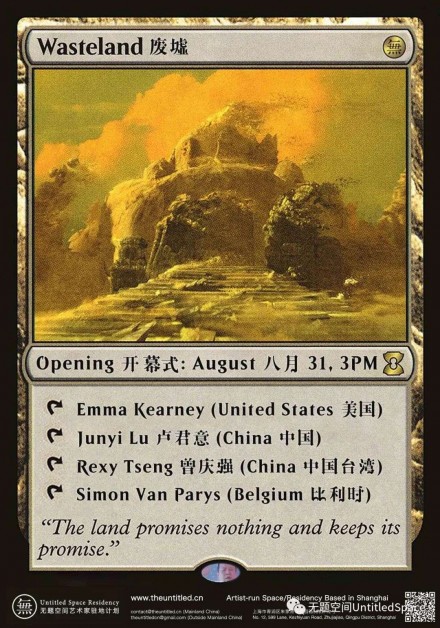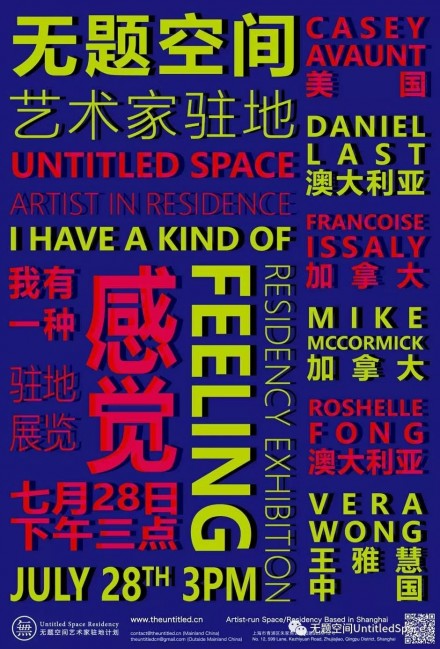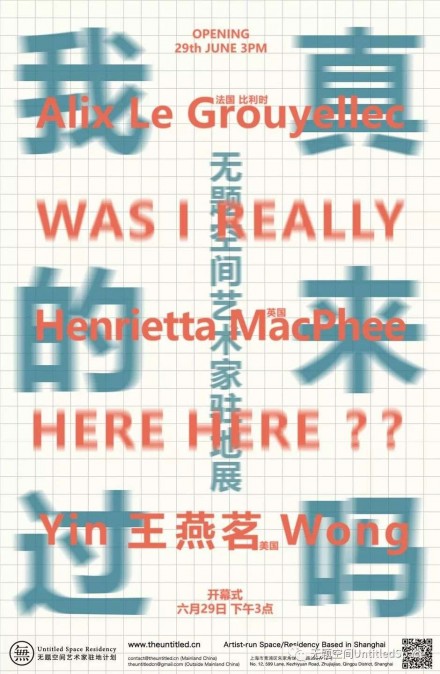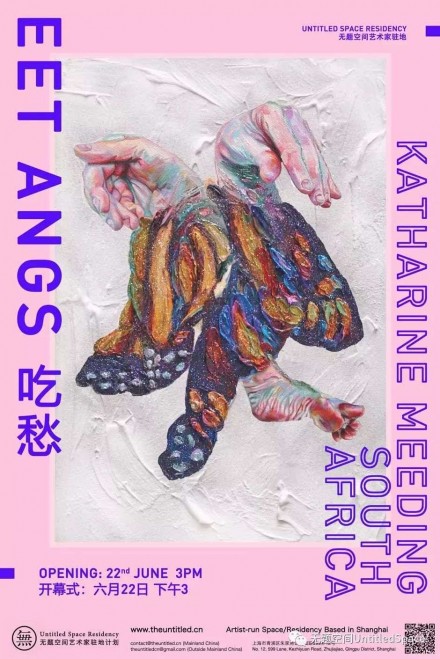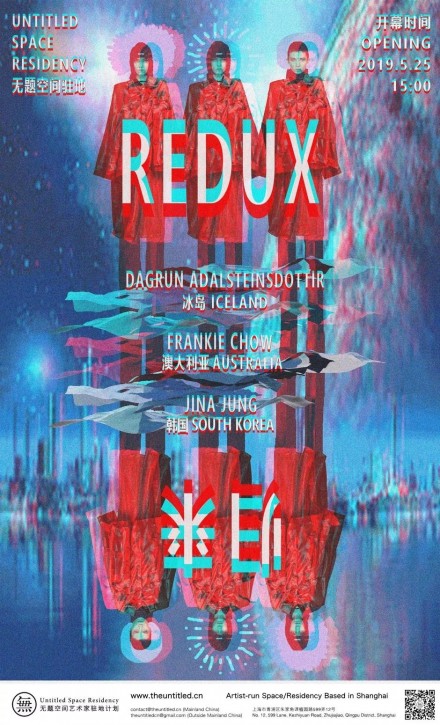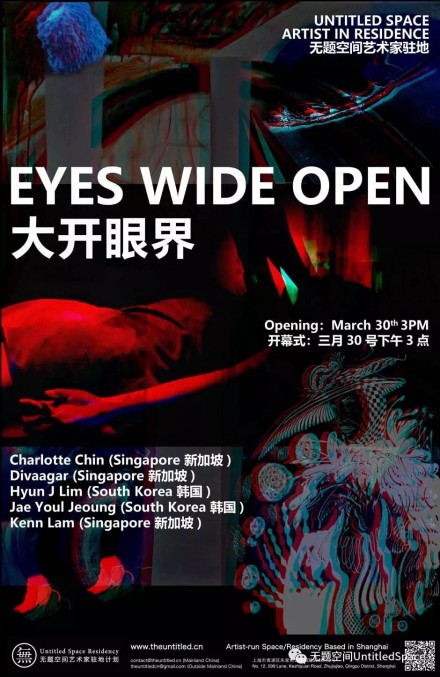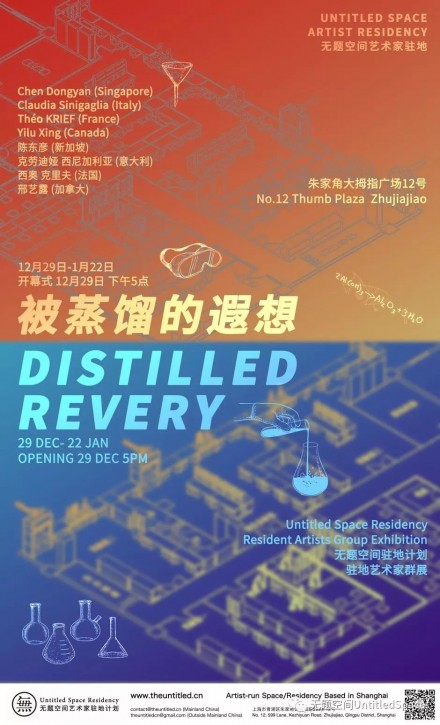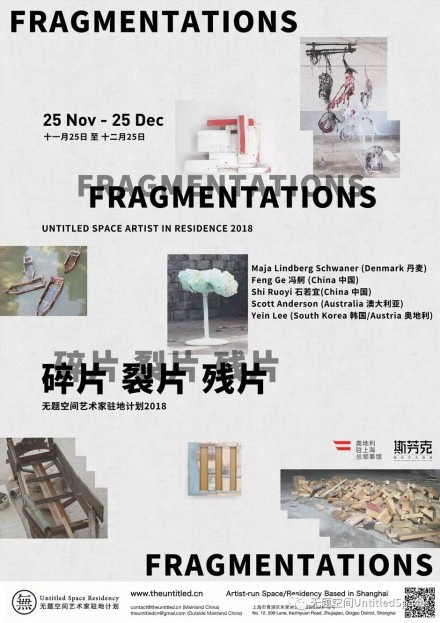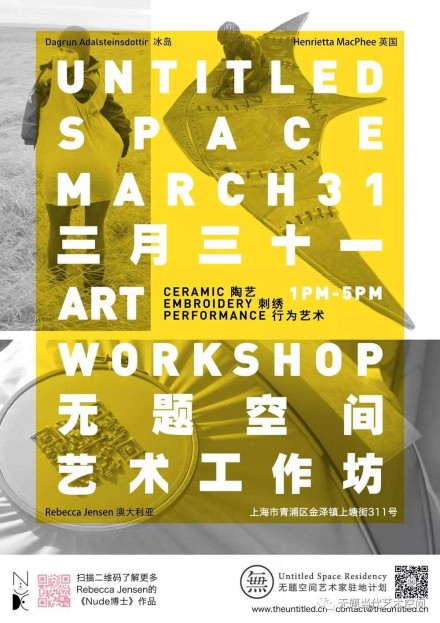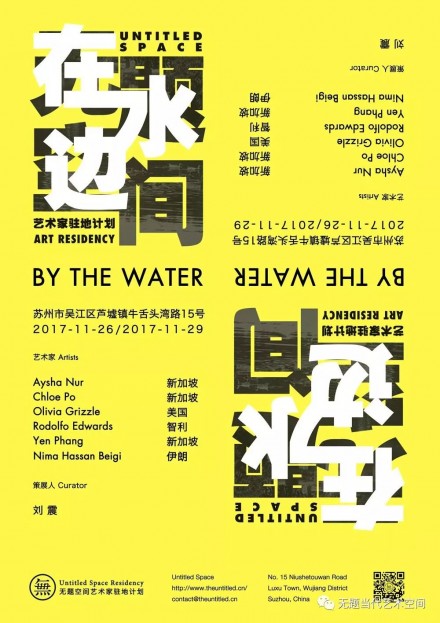风声如诉 Wind Chimes
无题空间
本月第二展
十月驻地艺术家群展
开幕式时间
10月27日下午4点到6点
风声如诉
Wind Chimes
“风穿过之间并使事情在之间发生了。风连结事物并使传播的过程持续流动。”
三位艺术家在本次展览中以风自喻,他们的艺术实践在主体与环境之间来回游荡,企图在人对空间的感知中寻找他们隐藏在历史、文化和个人生活痕迹之下的身份。空间,作为感性的载体,始终与居住者保持着亲密关系。
‘Where there is wind, there is causation; the flow of wind serves as a medium for which events occur. ‘
The metaphorical qualities of the wind are evident in the works of the three artists. Their practices wander back and forth between subjects and environments, as well as people and spaces. Through their perception of space, they attempt to search for their identities hidden under the historical, cultural and personal traces. As a vessel for sensitivity, space maintains an intimate relationship with its inhabitants.
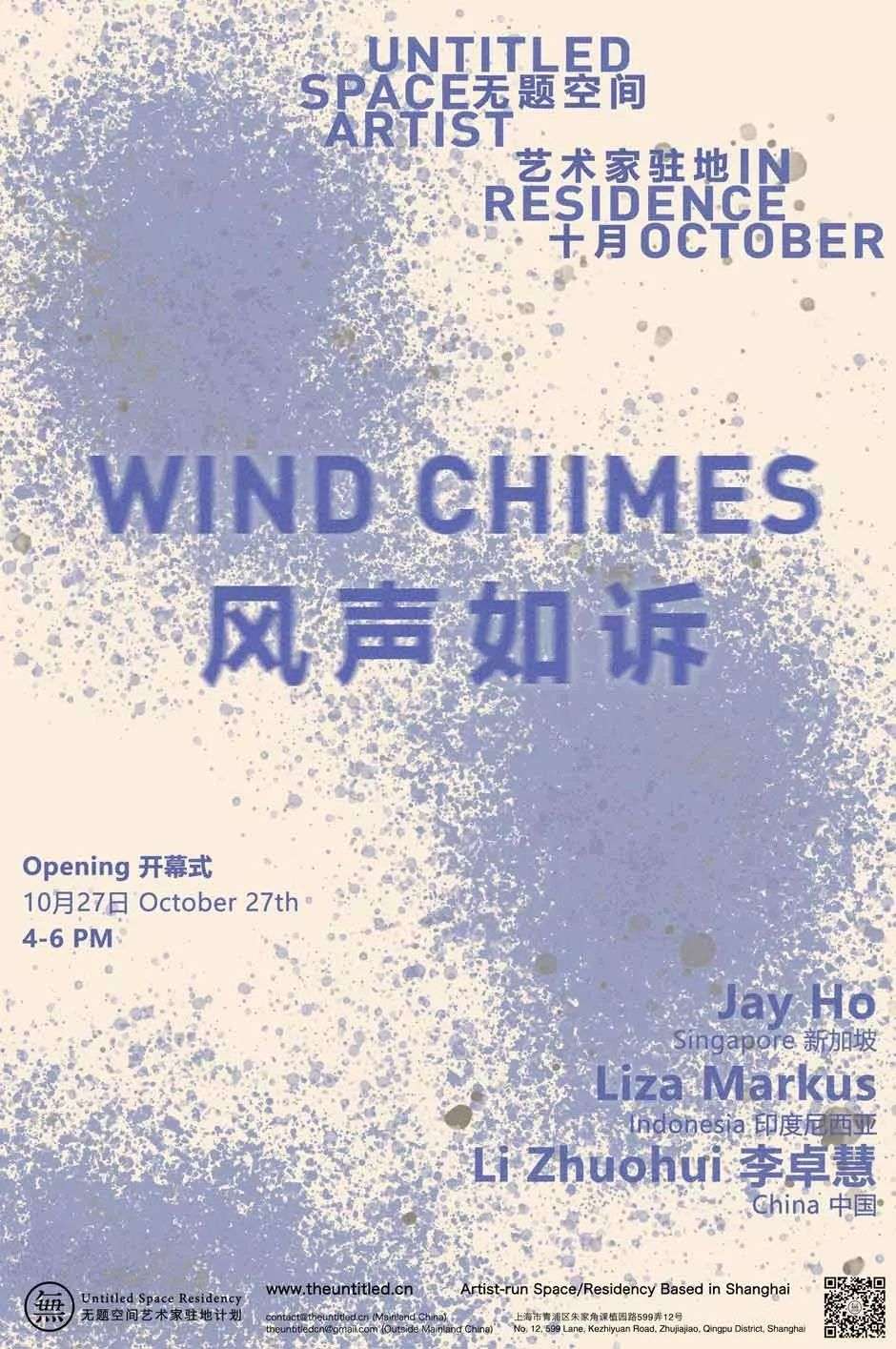
参展艺术家
Exhibiting Artists

Jay Ho
新加坡 Singapore
《比例尺》是一件绘画装置作品,其灵感来自于Jay所熟悉的不同感知的步行距离和不同城市的不同尺度。出于对于经济学的比例和其无限性的兴趣,Jay试图结合自然现象中的不同元素,感知,分形和景观来说明“比例”作为一个大现象的普遍性。
引用旅行经历,这种留下某种痕迹的行为,参考Carl Sagan的《苍白蓝点》,并尝试观察这种无限的,以及其多种多样的作品,是共同构成了Jay艺术实践中更大的主题的一部分。
“Scale” is a painting installation inspired by the different perceived walking distances and the varying scale of different cities Jay is familiar in. In relation to his interest in the economics of scale and the infinite, Jay attempts to tie in elements from natural phenomena, perception, fractals, and landscape to illustrate the universality of scale as a larger phenomena.
Referencing travel experiences, the act of leaving a trail, Carl Sagan’s “pale blue dot”, and attempts at viewing the infinite, the various works come together to form part of Jay’s larger narrative in his practice.

Liza Markus
印度尼西亚 Indonesia
在《我已经忘记了如何走路》系列作品中,Liza去了一个从未去过的家。这次展览的作品主要灵感来自,她作为有中国血统的外国人在中国大陆,从事幼儿教学工作三个月的经历。她颠覆了教师和学生之间的动态关系,也以此作为填补她的文化经验上空白的一种方法。
作品中经济与文化的边缘化等这些严肃且沉重的话题,与孩子般的纯真审美观形成鲜明对比。Liza利用童年时代的怀旧情怀来编造机智的视觉寓言,以揭示自我建构中的自我身份失调。
In the series “I Have Forgotten How to Walk.”, Liza goes on a pilgrimage to a home she has never been to. The works in this show are influenced mainly by her 3-month early childhood teaching duties in mainland China as a foreigner of Chinese descent. She subverts the dynamic between teacher and learner as a methodology to fill in the blanks in her cultural experience.
Weighty topics such as economic versus cultural marginalization are contrasted with child-like aesthetics. Liza assembles witty visual allegories using tokens of her childhood nostalgia to expose the identity dissonance within her construct of self.

李卓慧
中国 China
李卓慧研究自古以来东方人与自然的亲密感以及风景地貌在东方视角观看之下的呈现,并将个人经历的体验融合在观看与描绘之中。她使用的材料由架上绘画到工作室中 随意的擦笔布,相信着痕迹能承载的身体记忆和情感能量,尝试从各种不同的媒介去探索人与自然界线的消融。她探索作为“人”的主体如何在与自然的荡漾之中消灭主体与客体的边界,达到一种震荡的状态。在这种状态下的感官会有什么变化,以及这种沟通带来的情感能量。而绘画作为痕迹的承载者,能真实地反映这种原始冲动和肢体动作。
Zhuohui Li studies the intimate relationship between East Asians and nature since ancient times as well as the presentation of the European landscape under the Eastern gaze. She integrates her personal experience and depicts what is observed through the painting practice. The medium she adopts varies from oil on canvas to found objects in her studio produced during painting. Believing that traces and marks are able to carry body memories and individual emotional energy, she has been trying to explore the idea of the melting boundary between human beings and nature through painting. The subject reaches the oscillating state during the constant contact with nature by melting down the boundary between subject and object. The emotional energy produced is embodied in the contact. Painting, as the recorder of traces, reflects the impulse in an honest way.


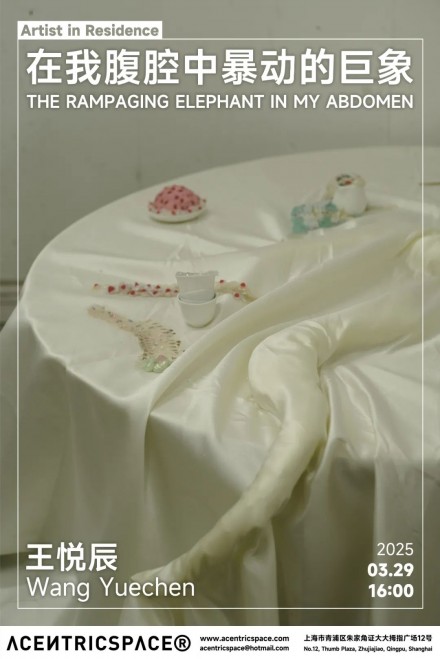
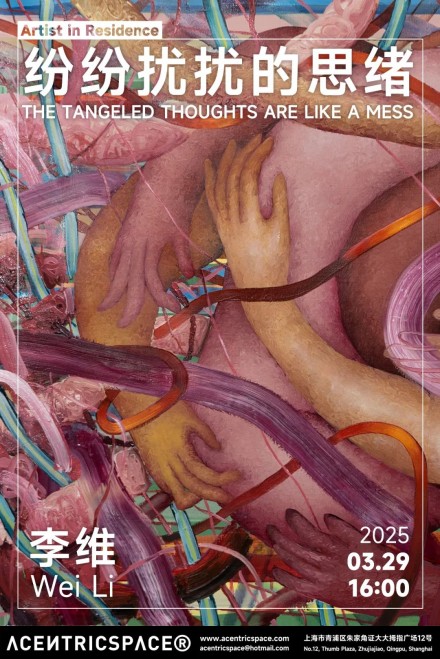
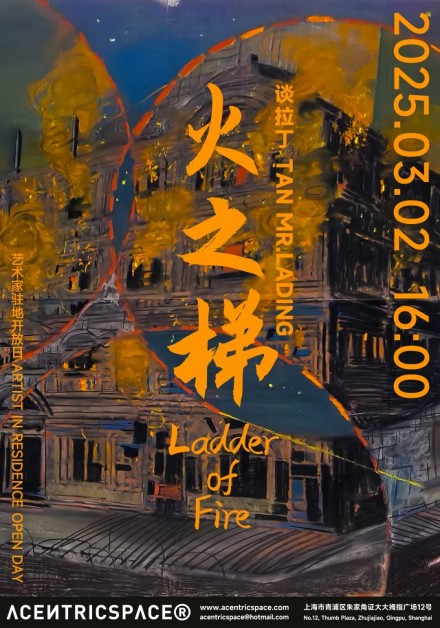
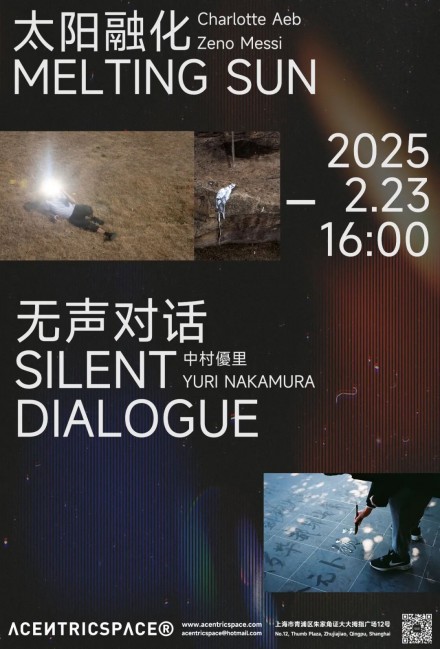
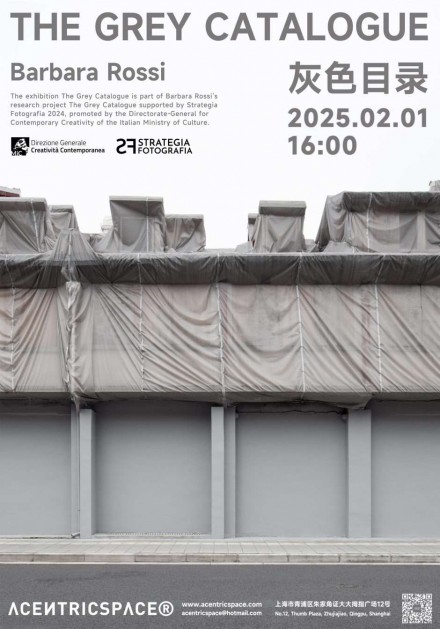
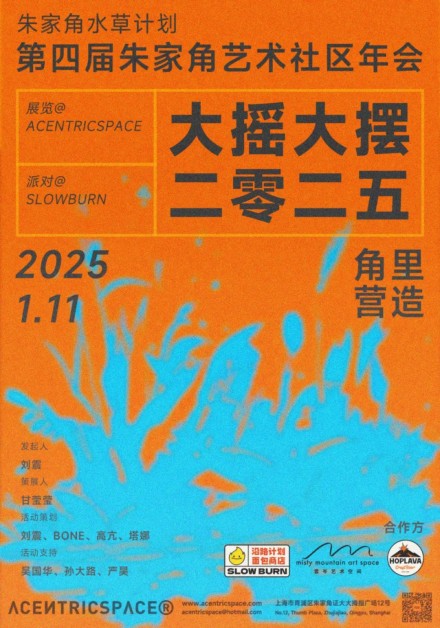
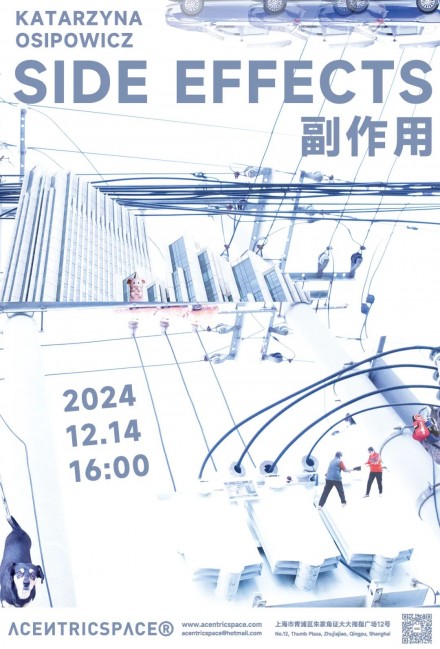
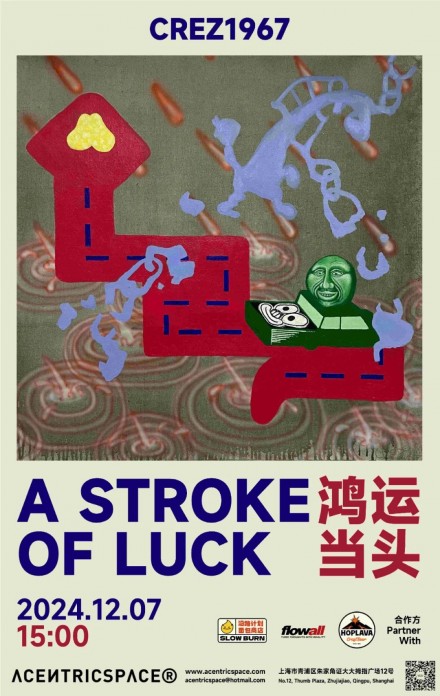
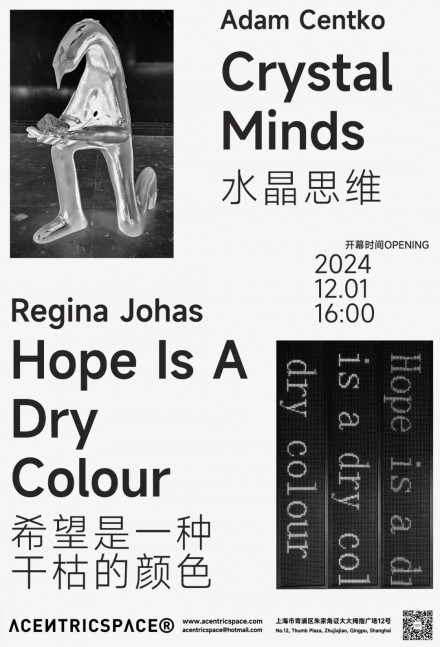
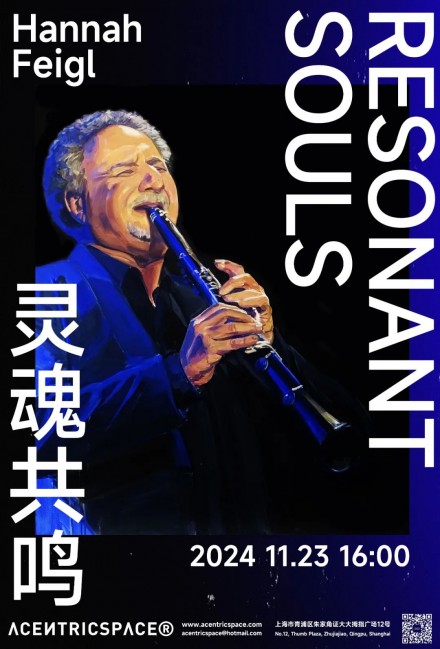
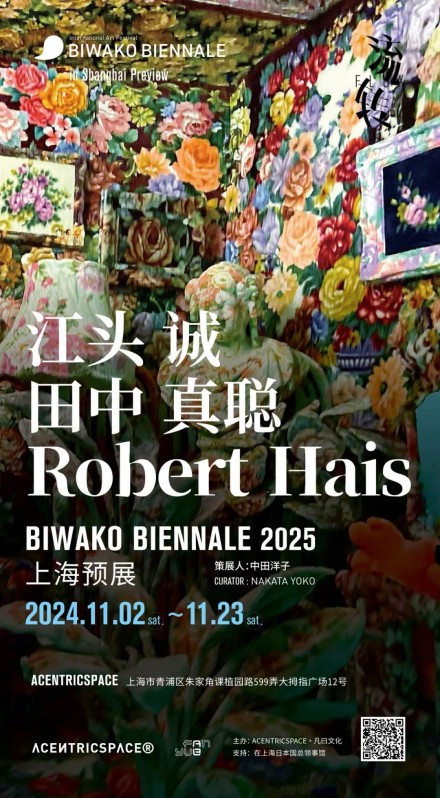
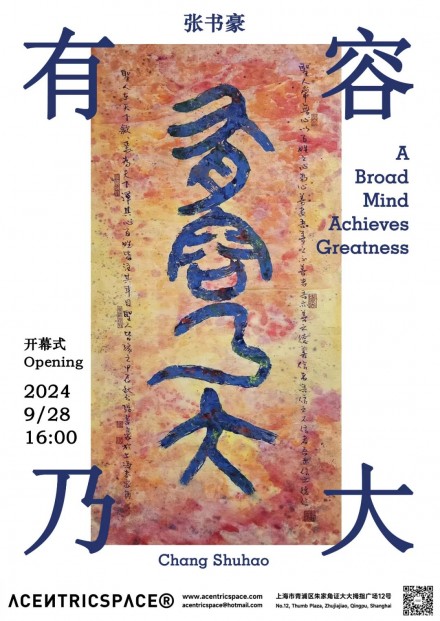
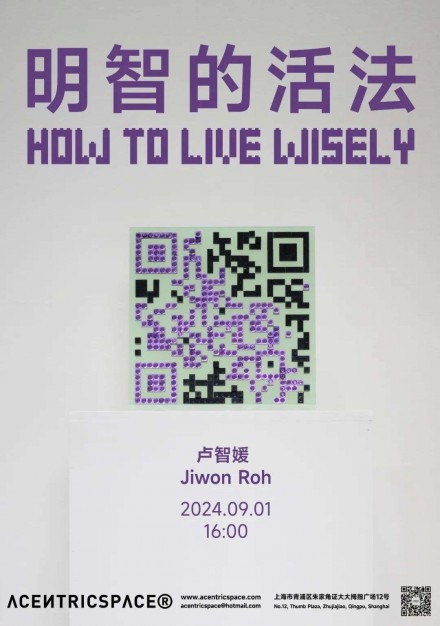
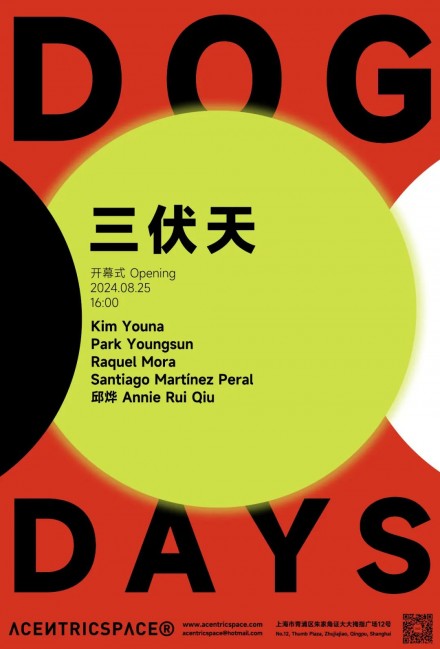

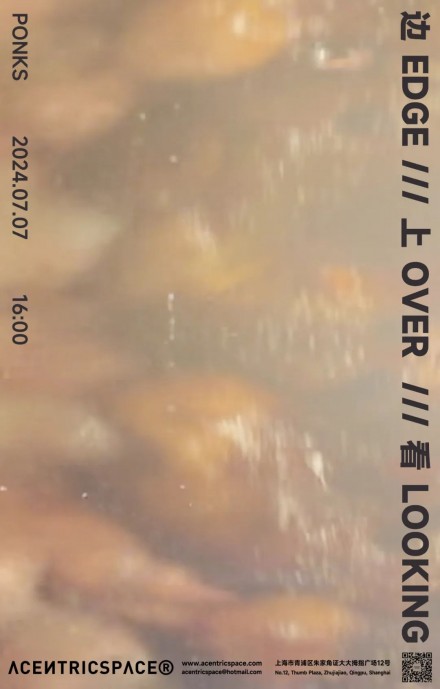
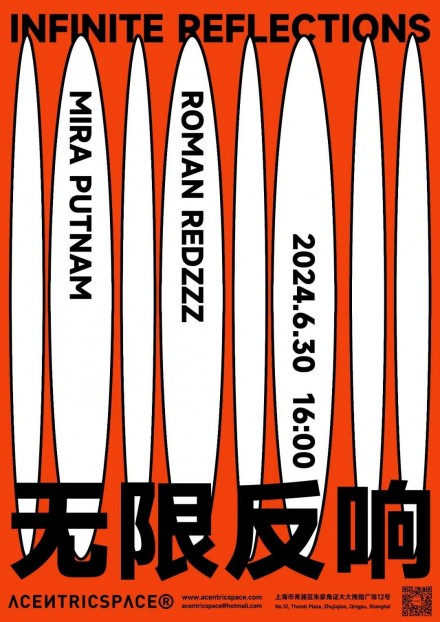
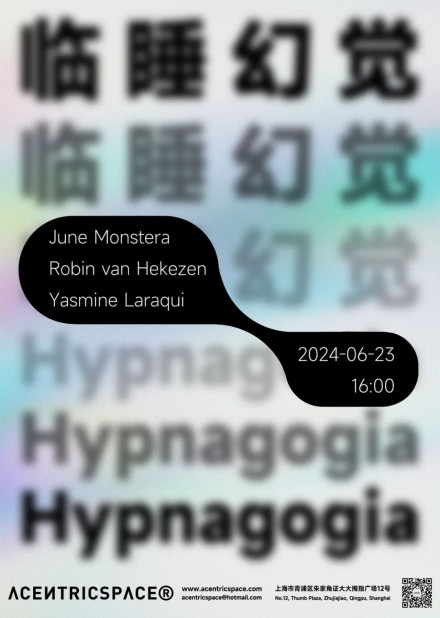
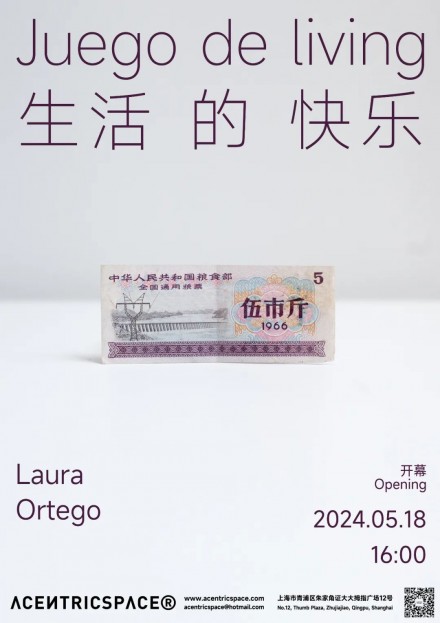
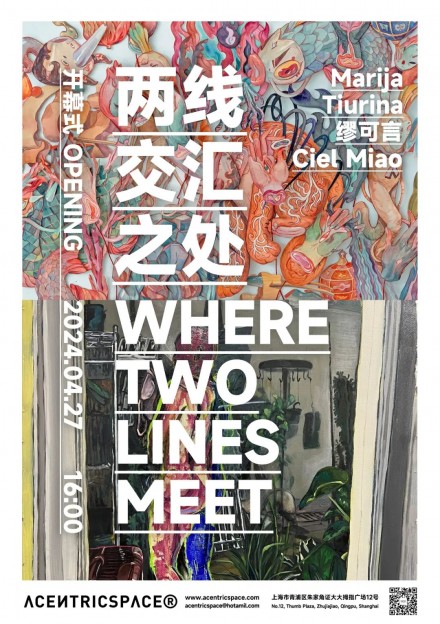
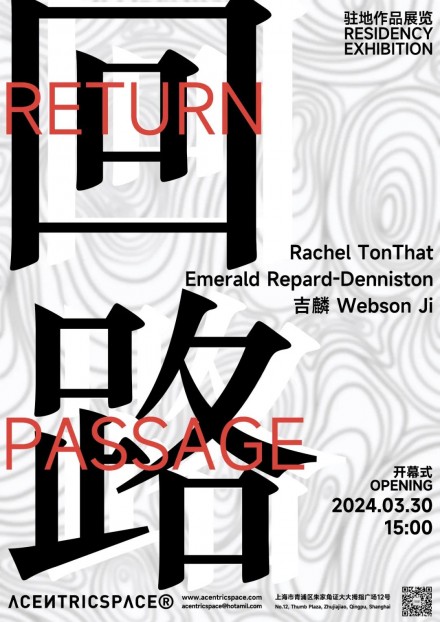
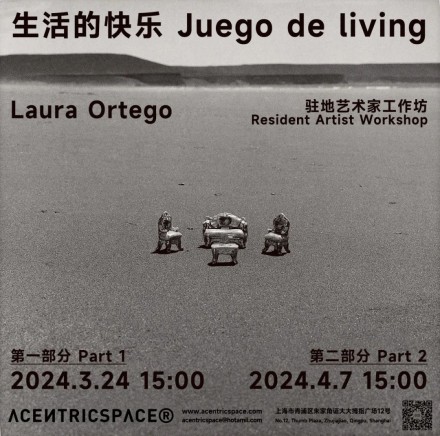
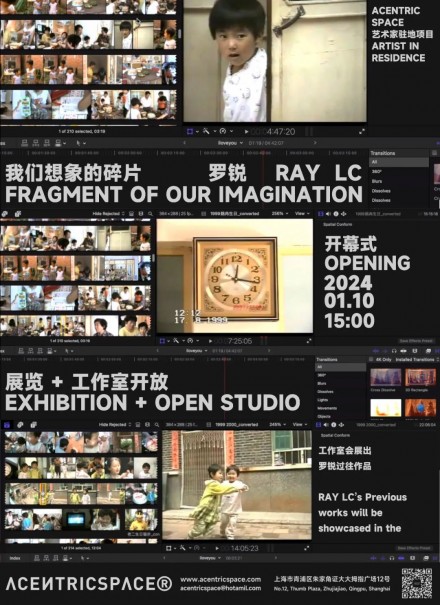
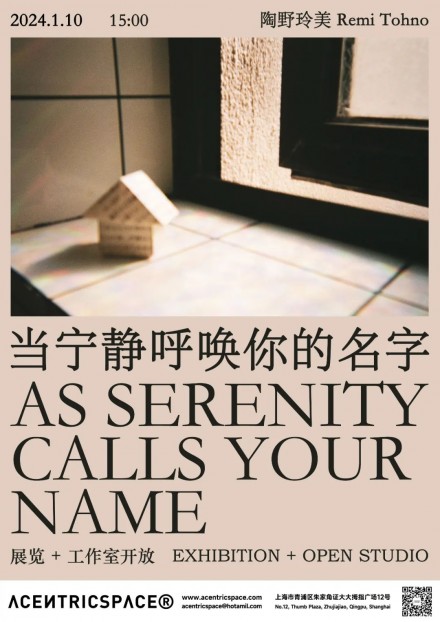
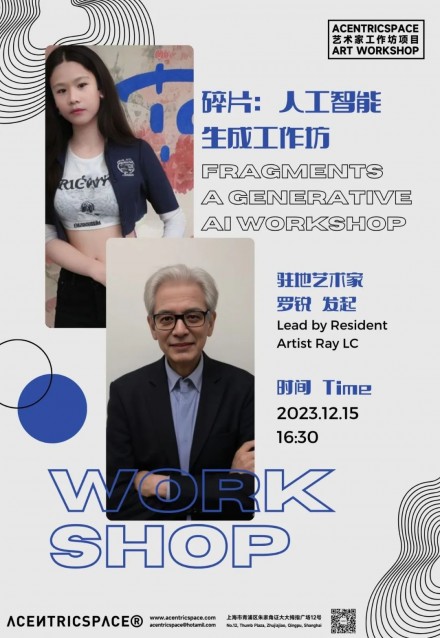
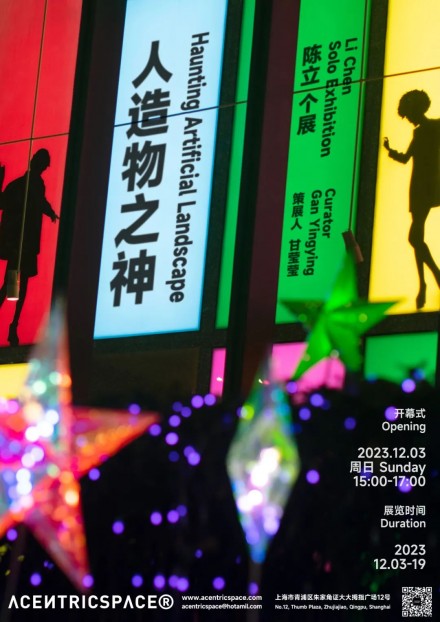

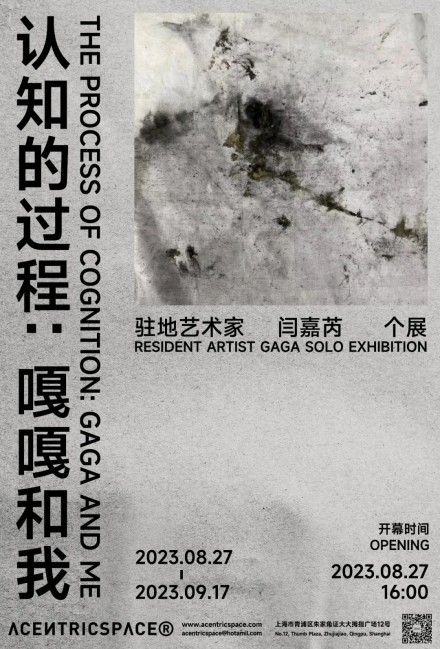
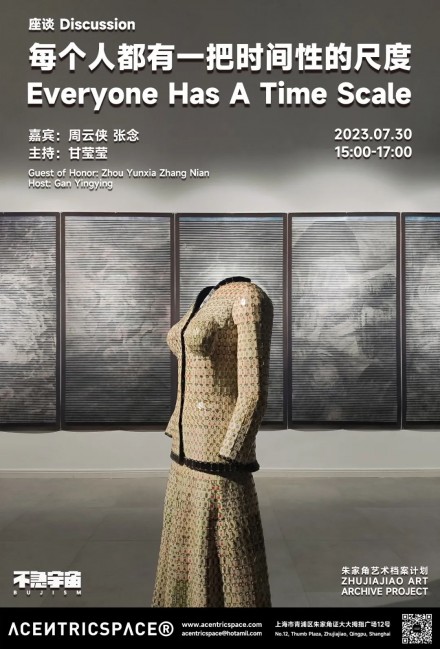
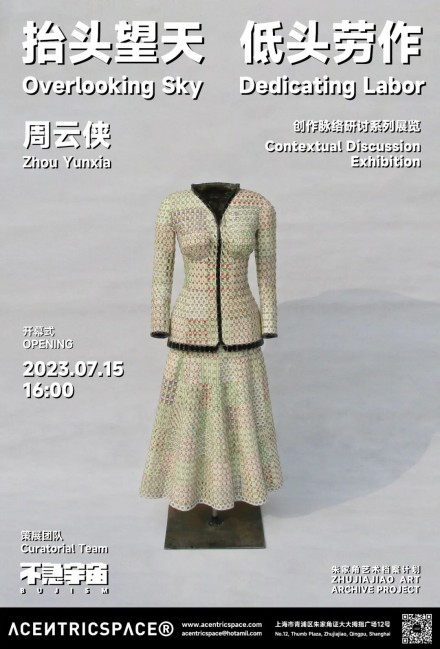
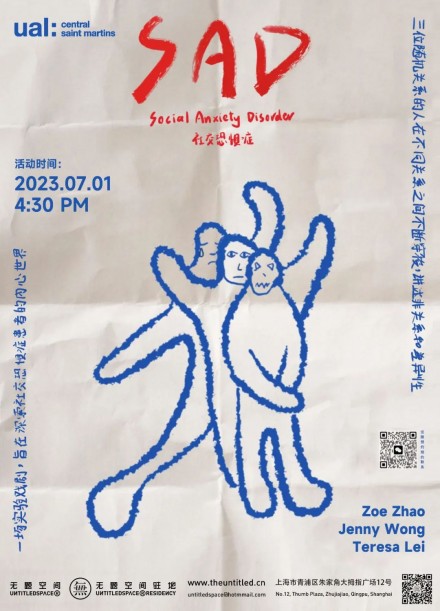
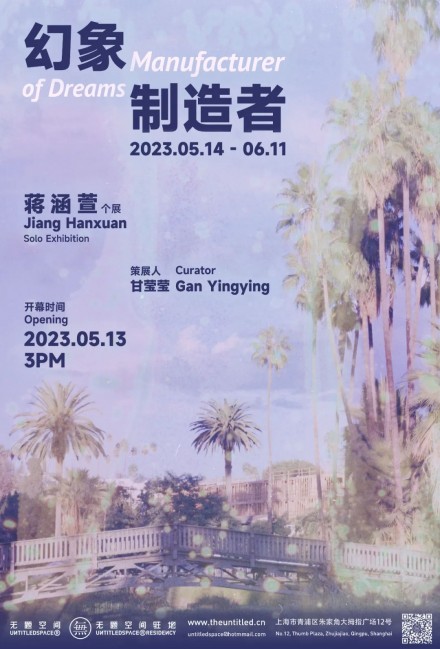
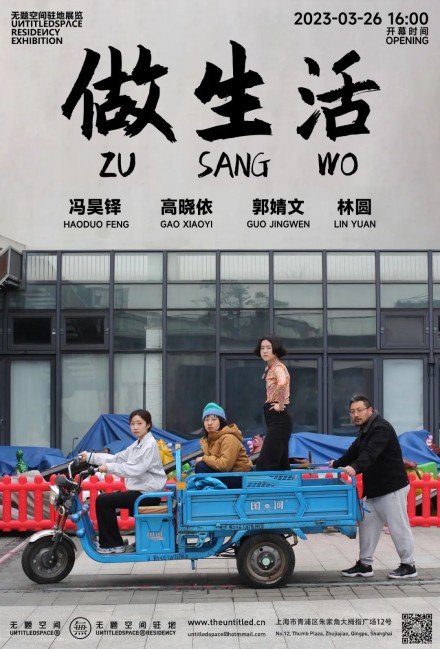
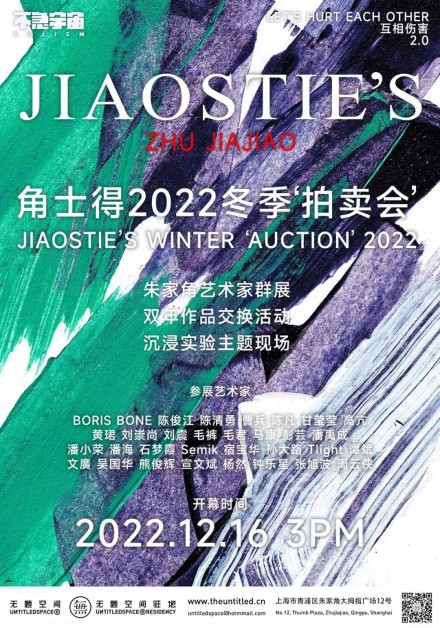
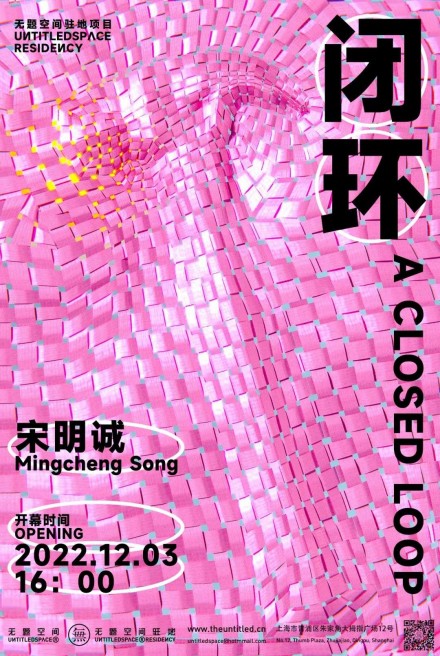
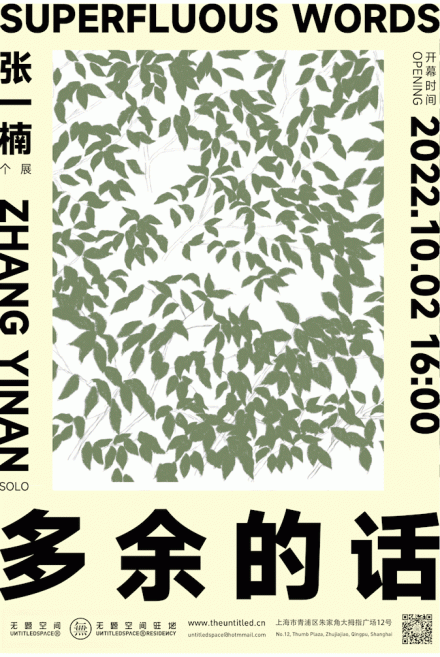
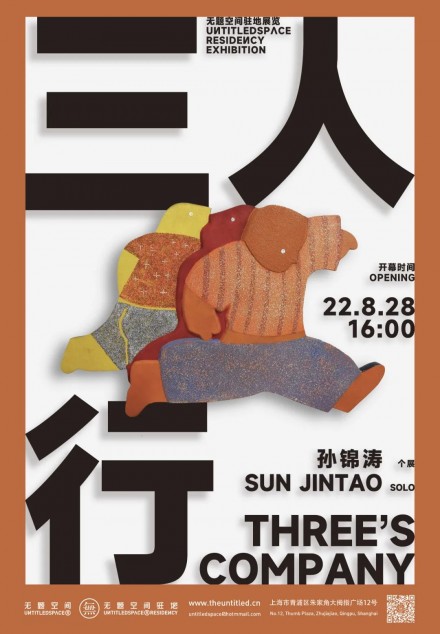
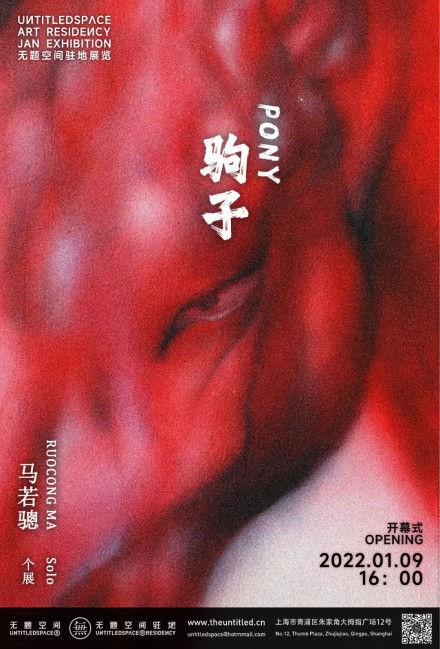


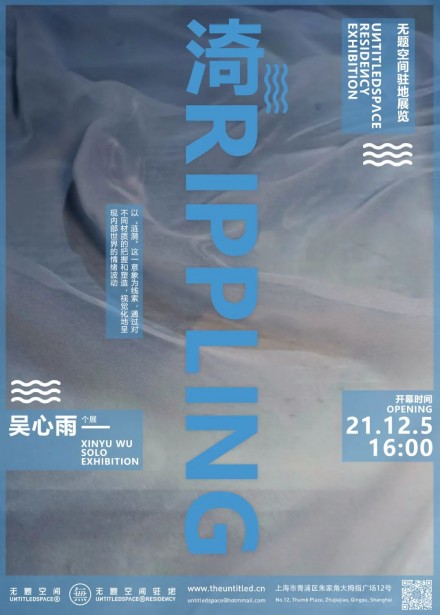

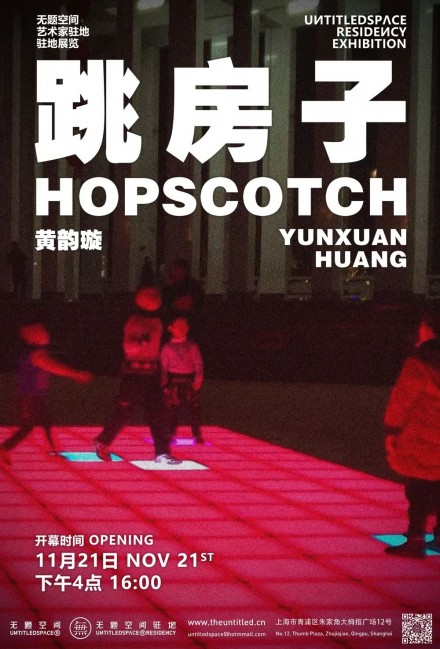
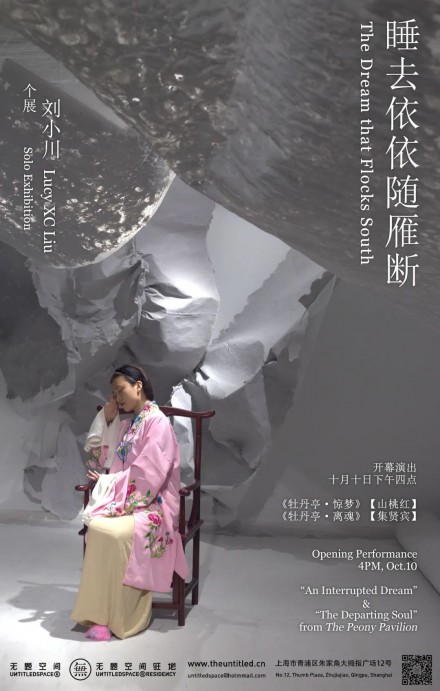


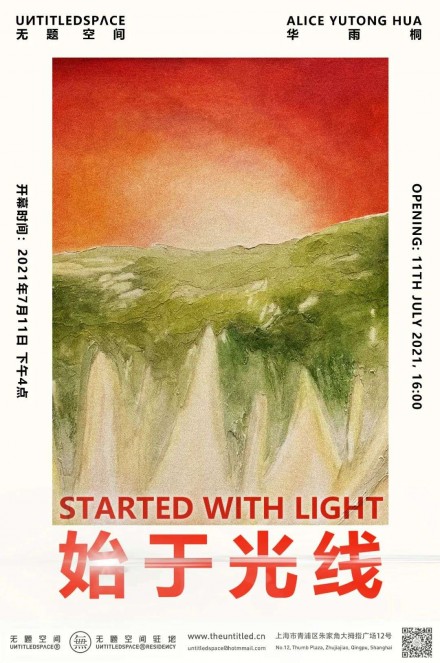
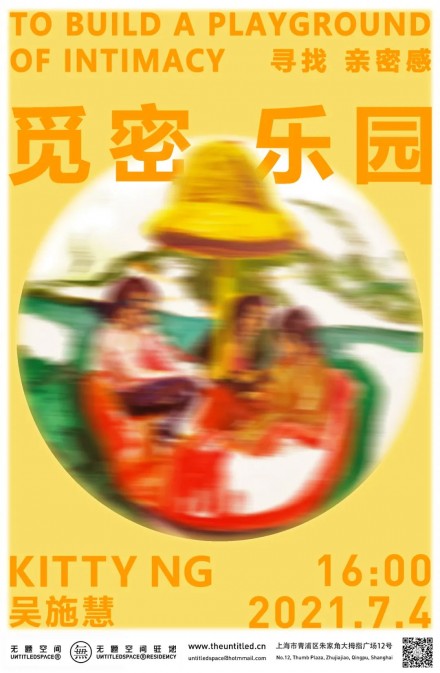
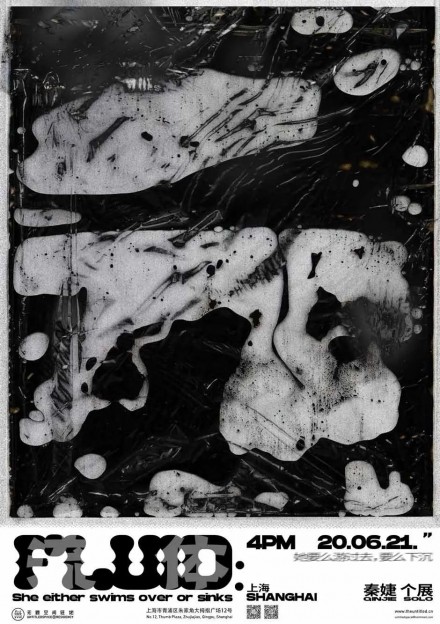
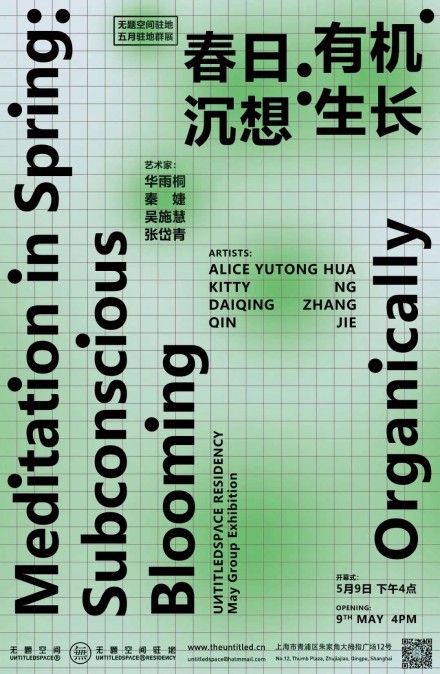

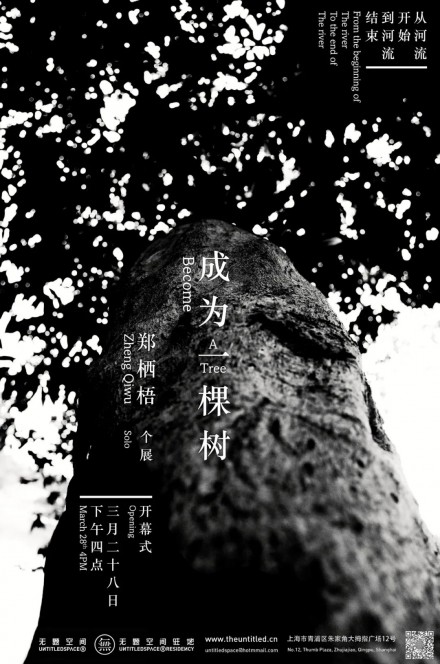
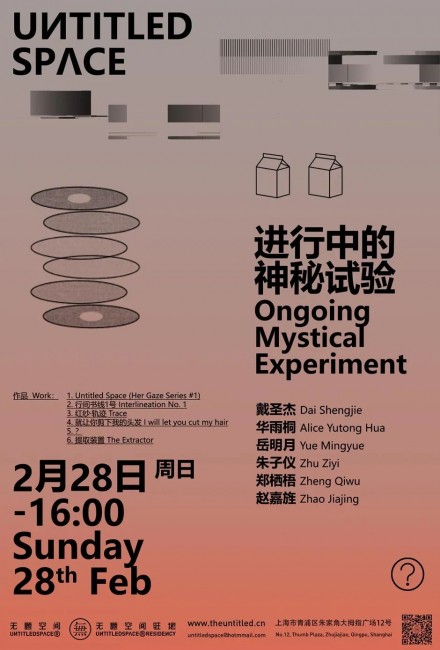
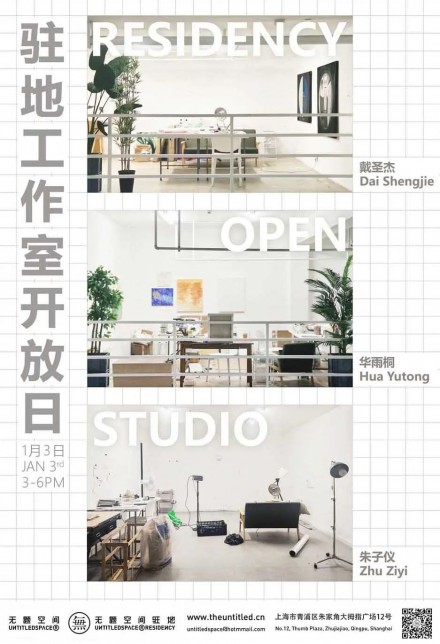
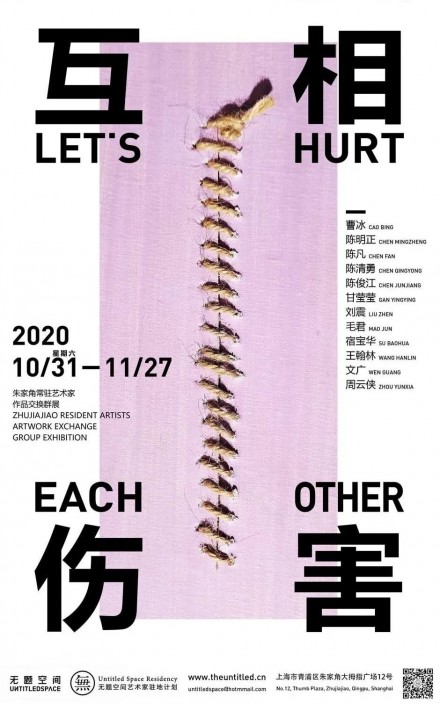


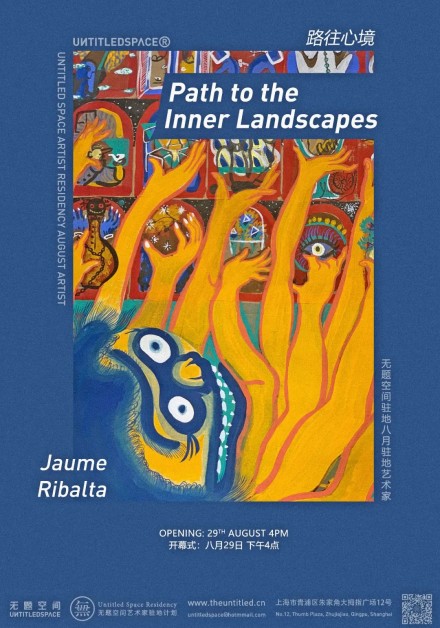
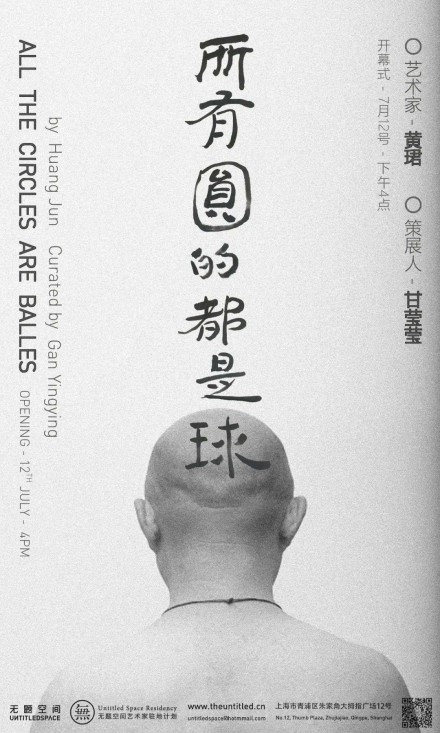
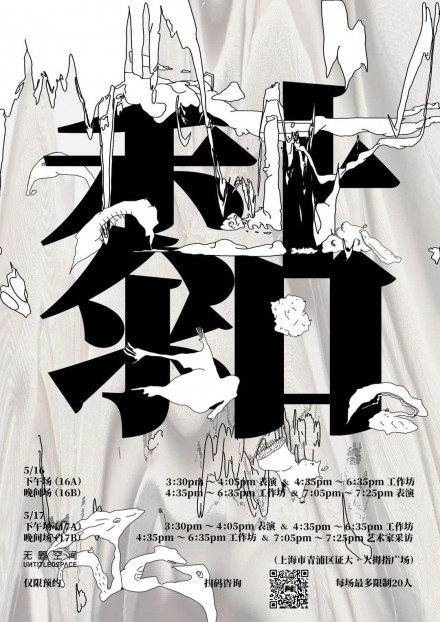
![[超]灾变论 [Hyper-]Catastrophe Theory 舜 Shun](http://www.acentricspace.com/wp-content/uploads/2024/04/wxsync-2024-04-17e42ddfe2087d093ffcdad3f414da34-440x625.jpeg)
